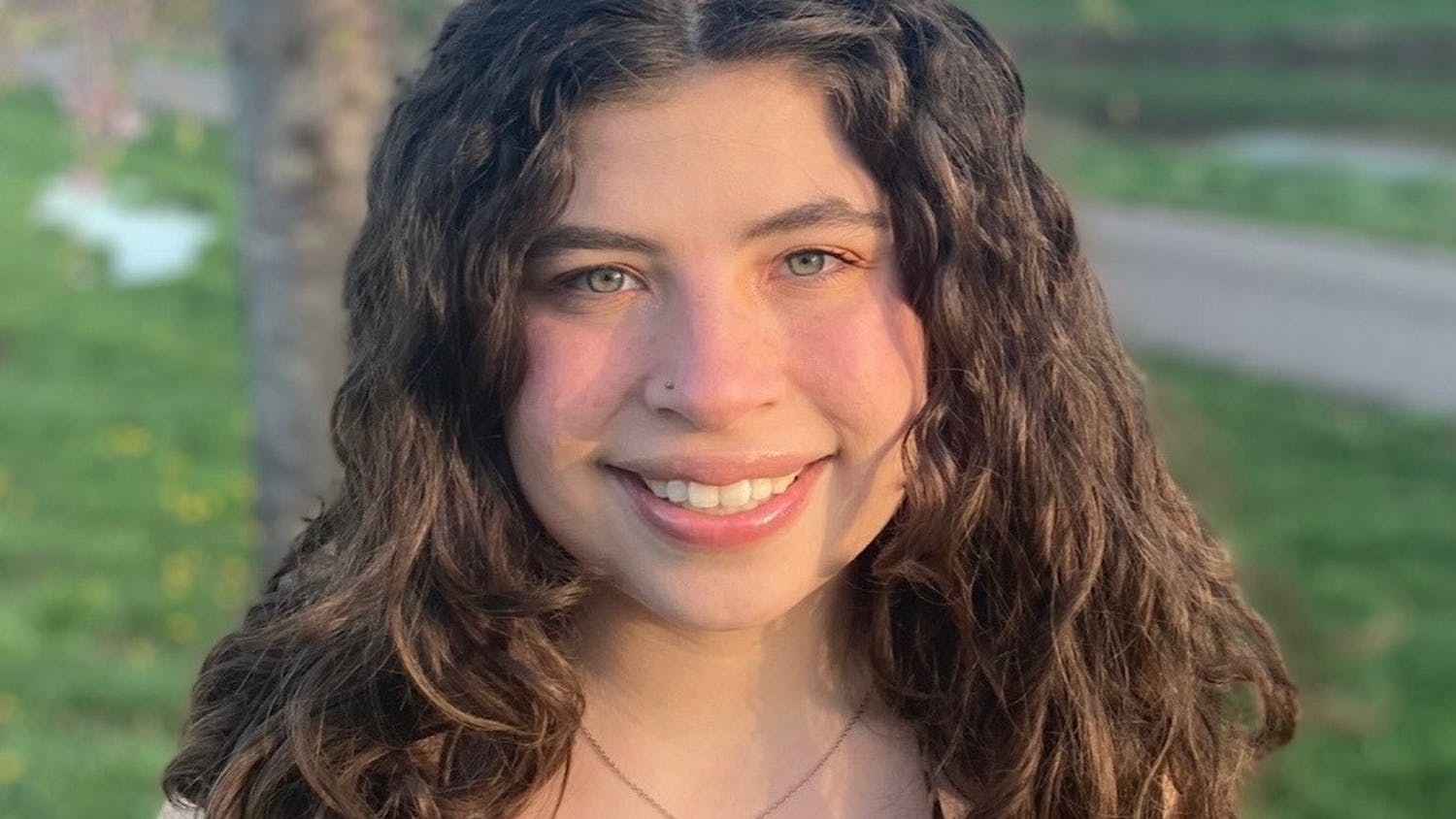We are now a little over a week into the Omer. The Omer is the 49 days between the holidays of Passover and Shavuot, and the counting of the days of the Omer begins on the second night of Passover. Because the Jewish calendar operates on a lunar calendar, the counting occurs in the evening, which is considered the beginning of the day.
The word omer (a measurement) comes from the amount of barley which was offered at the Holy Temple after Passover. The book of Leviticus outlines this counting in verses 23:15-16, saying "And you shall count for yourselves from the morrow of the Shabbat, from the day that you bring the omer (offering) that is raised, seven complete weeks there shall be until the morrow of the seventh week you shall count fifty days.” The holiday of Shavuot, which celebrates the receiving of the Torah at Mount Sinai, occurs on the 50th day, although the counting stops on the 49th day.
Like with many things in Judaism, the commandment of the counting of the Omer lives even though the Temple has long since been destroyed. But why count at all, even in the times of the Temple?
The purpose of the Omer is to prepare us for Shavuot. Because Shavuot celebrates the receiving of the Torah, it is a very holy day. In addition to this, the Omer is also observed as a mourning period. Rabbi Akiva, one of the greatest Sages of the Mishnah (the oral Torah) lived in approximately 50-135 CE. In the weeks between Passover and Shavuot, his 24,000 disciples died tragically. Because of this, the mourning practices that one would observe after the death of a family member are also observed during the Omer. Marriages and wedding celebrations are prohibited, as well as cutting one’s hair, listening to instrumental music and purchasing and wearing new clothes or accessories.
The mourning practices help us to prepare for the holiness of Shavuot. When we are separating ourselves from things that make us superficially happy, we are focusing our mood on the important aspects of our lives. There are still many things in life that can bring us joy that don’t involve shopping or going to concerts. When we are observing these commandments we are separating ourselves from what the masses are doing. By separating ourselves, we can truly appreciate how special receiving the Torah is. G-D chose the Hebrews, the Israelites, the Jewish people to receive His word and to have it eternally. And so, in recognition of how we were chosen, we continue to separate ourselves.
Preparing for Shavuot means becoming more focused on the big picture of our existence. During the Omer we are commanded to find meaning in the more intense aspects of life. While buying new clothes or going to the concert of a favorite artist might make us feel happy for that time and for some time afterwards, focusing our efforts on the study of Jewish texts will make us eternally fulfilled. In order to sincerely appreciate the gift that is the Torah, we have to maintain our concentration on all of the good that comes from it, which can only be done when all other distractions are taken away.
Hadass Galili is a senior studying political science pre-law at Ohio University. Please note that the views and opinions of the columnist do not reflect those of The Post. Do you agree? Tell Hadass by tweeting her at @HadassGalili.




